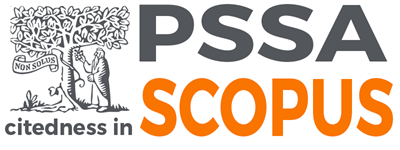Analisis kebutuhan penerapan virtual reality pada mata kuliah sosiologi dan kebudayaan Buddhis (Studi Empiris Pada Program Studi Pendidikan Keagamaan Buddha STABN Sriwijaya)
Abstract
The aims of this study is (1) analyze the need for implementing virtual reality in the Sociology and Buddhist Culture courses at STABN Sriwijaya; (2) identify the obstacles faced in the application of this technology; and (3) analyze the strategies implemented by STABN Sriwijaya in facing the challenges of digital transformation. This research is expected to provide a comprehensive overview as a foundation for developing technology-based learning media in Buddhist higher education. The method of this study is qualitative approach with an empirical study method. Data was collected using in-depth interview method with key informants consisting of lecturers and management from the Buddhist Religious Education Study Program at STABN Sriwijaya. Then the collected data were analyzed with thematically method to indentify the patterns of needs, perceived challenges, as well as expectations and strategic steps that have been and will be taken by the institution regarding VR implementation. The results show a strong need for the application of VR as a medium to enhance motivation and learning effectiveness, enabling students to be virtually "present" in historical and cultural contexts. The main identified obstacles are the limitations of internet network infrastructure and the readiness of human resources (lecturers) to adapt to new technology. Nevertheless, there is high optimism and concrete institutional strategies, as STABN Sriwijaya is actively in the process of building supporting infrastructure such as new buildings and laboratories to realize digital transformation in its learning process.
Keywords: needs analysis, virtual reality, challenges, expectations, STABN Sriwijaya














